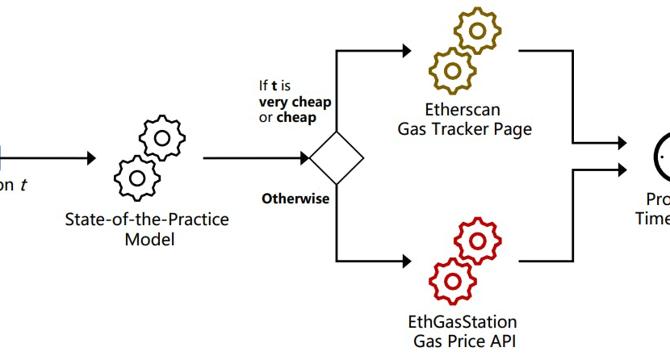Hackernoon
1M
419

Image Credit: Hackernoon
How Ethereum and Bitcoin Handle Transaction Delays and Fees
- The article examines how Ethereum and Bitcoin handle transaction delays and fees, focusing on factors impacting transaction processing times.
- Hu et al. study private blockchains for banking processes, correlating transaction times with block generation times.
- Kasahara and Kawahara analyze Bitcoin fees' effect on transaction processing times, noting longer processing for low-fee transactions.
- Rouhani and Deters compare transaction processing times in Ethereum clients Geth and Parity, observing a significant increase with Parity.
- Pierro and Rocha investigate factors influencing transaction fees in Ethereum, finding the total number of miners and pending transactions impact fees.
- Chen et al. outline security vulnerabilities due to extremely low gas prices in Ethereum, proposing dynamic cost adjustments to prevent disruptions.
- Studies highlight gas price choices' influence on Ethereum economics and behavior, emphasizing the importance of understanding factors driving gas price decisions.
- Kim et al. delve into Ethereum's peer-to-peer network characteristics, analyzing node distribution, client usage, and network size.
- Silva et al. study geo-distribution and mining pools' impact on Ethereum's efficiency and security, highlighting selfish mining behaviors.
- Oliva et al. analyze Ethereum's transactional activity, revealing the concentration of transactions on a small percentage of smart contracts and its impact on gas prices.
- Various studies explore gas usage estimation methods in smart contracts, including worst-case and exact estimations to optimize gas consumption.
Read Full Article
25 Likes
For uninterrupted reading, download the app